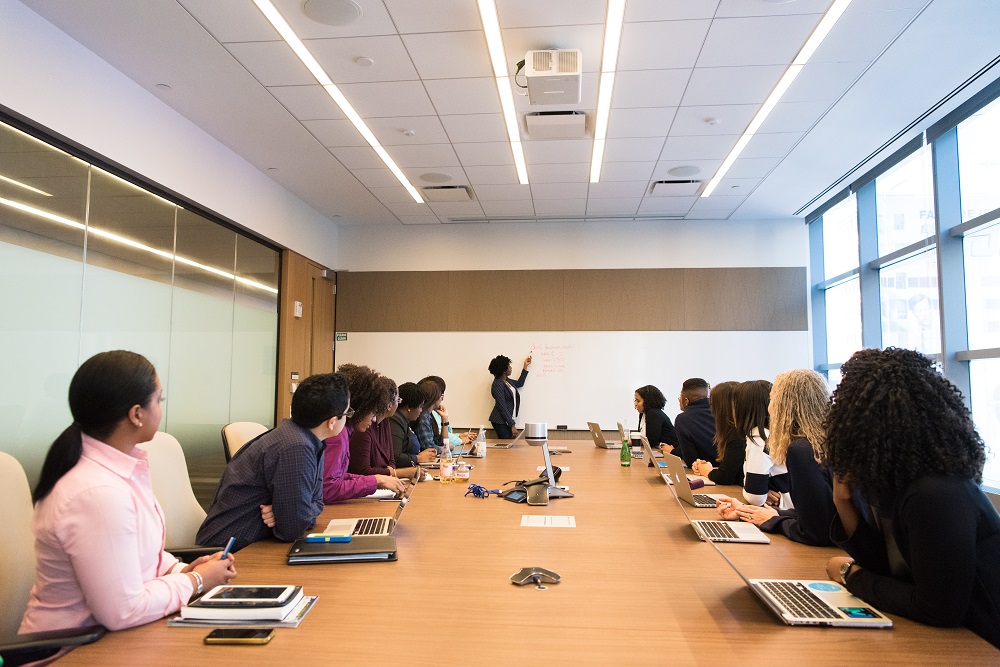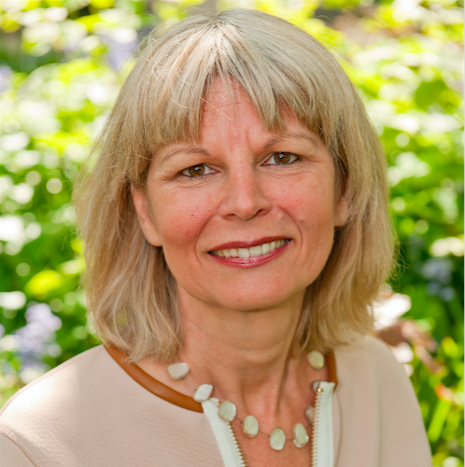
In 2016, the Royal Netherlands Academy of Arts and Sciences (KNAW) took one small step for scientific academies, and one giant leap for womankind. In an effort to reduce its persisting gender imbalance, the Academy pledged to recruit ten new members in 2017, and six more in 2018 – all of them female. Prior to this, 87% of its 557 members were men. The gender statistics at KNAW are emblematic of a much larger, perpetually overlooked crisis in science.

José van Dijck, former KNAW President, led the initiative in 2016 that resulted in 16 new female members at the Academy. “It is no longer just a matter of promoting equal rights and access to the opportunities, van Dijck says. “It’s better for science, better for humanity, and better for the world if women and men are participating equally at all levels of academic institutions.”
Gender diversity is key to the quality of scientific endeavour. In order to accelerate the advancement of science, it is critical to include women’s voices – which make up more than 50% of the world’s population. But according to a study done by UNESCO, fewer than 30% of researchers worldwide are women. In not addressing the systemic barriers and unequal power dynamics that may push women out of science early on, scientific institutions are losing more than half of the ideas that the world’s population possesses. In that context, pursuing science not only becomes unethical, but simply ineffective.
“Historically, the Netherlands has not been a progressive country when it comes to gender equality in academia. I wanted to change that by taking the initiative to appoint more women and push up the percentage of female members.”
José van Dijck, former President of KNAW
According to José van Dijck, Academies have to function as frontrunners: they need to set an example for the balanced representation of academics in terms of gender, ethnicity, and socio-economic background. “When I received a PhD in 1992, not more than 5% of professors were female, ” says van Dijck. “Now, in 2020, it’s a little over 21%.
KNAW’s proposal was positively received in the academic community at large. As a result of Athena’s Angels, an initiative designed to highlight the specific challenges women have to overcome to realize their scientific ambitions, and to eliminate these challenges whenever possible, the Dutch minister of Education at the time, who was a woman, invested 5 million euros in the appointment of 100 extra female Professors in the Netherlands in 2017.
It was the result of that initiative that KNAW decided to make a move of its own. 2017 marked the 100th anniversary of the first appointment of a female professor in the Netherlands: Johanna Westerdijk, appointed in Utrecht in 1917. Both the Academy’s action and that of Athena’s Angels was prompted by the symbolic value of that anniversary.
Despite the overall success of the initiative, van Dijck received unexpected criticism from the international academic community. “After I was interviewed by a journalist from Science, who wrote a favorable report, many comments appeared underneath in the comment section stating that female academics were ‘denigrated’ by this proposal, that ‘quality’ was dismissed as a standard requirement for admission to the Royal Netherlands Academy of Arts and Sciences, that it was a generally ‘unfair’ proposal,” Dijck says. “The comments have been removed now, but I was astounded by this backlash coming mostly from male colleagues from outside the Netherlands.”
KNAW continues its journey in gender parity. Starting in in June 2020, Ineke Sluiter will take on the presidency of the Dutch academy. In 2010 Sluiter was awarded the Spinoza Prize, the highest scientific award in the Netherlands. She is one of four leading female scientists in the Netherlands who have united under Athena’s Angels. “The fact that the Academy knowingly elected one of Athena’s Angels as its next president is an important sign to me of the commitment to diversity and equality in the Academy at large. I feel privileged to continue the work of my predecessors in this respect,” says Ineke Sluiter. We look forward to seeing her leadership at KNAW.
The International Science Council, through its Action Plan Advancing Science as a Global Public Good, has outlined the need for change in scientific systems, which must be able to continually adapt to changes in knowledge, technology and societal norms. The ISC is developing its project, Gender Equality in Science: From awareness to transformation, with partners such as GenderInSITE, the Inter-Academy Partnership and the Global Research Council. In the weeks leading up to International Women’s Day, we are focusing on gender awareness, highlighting achievements, challenges and initiatives for ensuring gender equality in science and across disciplines.
Photo by Christina @ wocintechchat.com on Unsplash